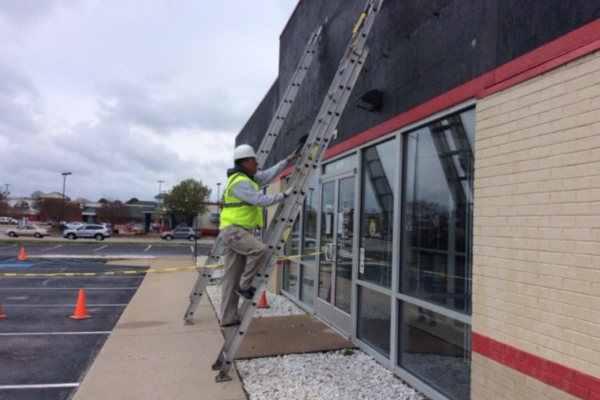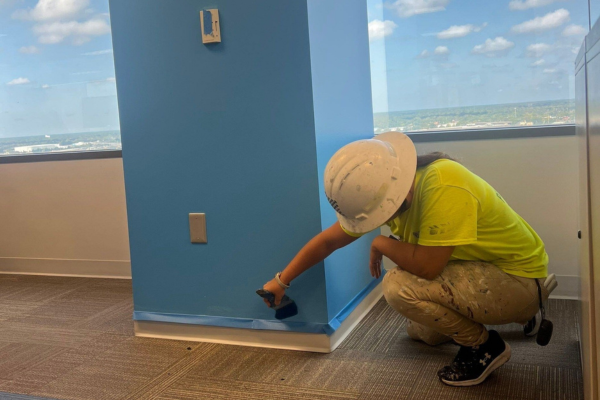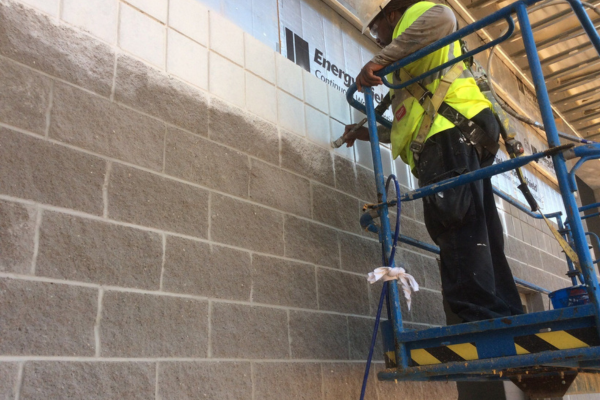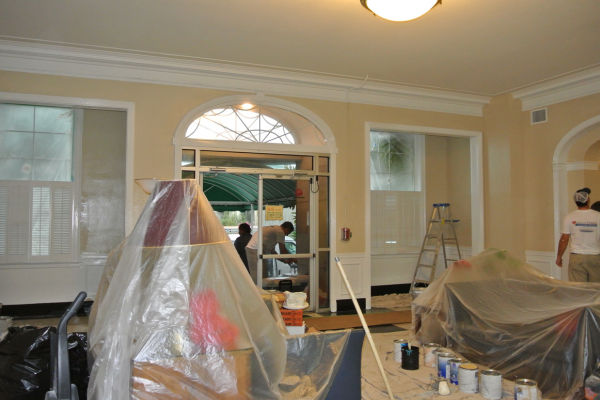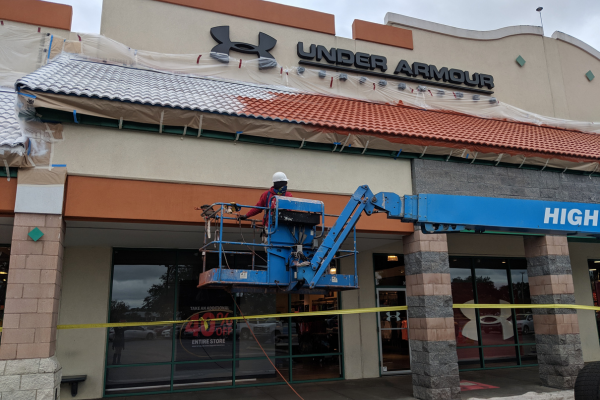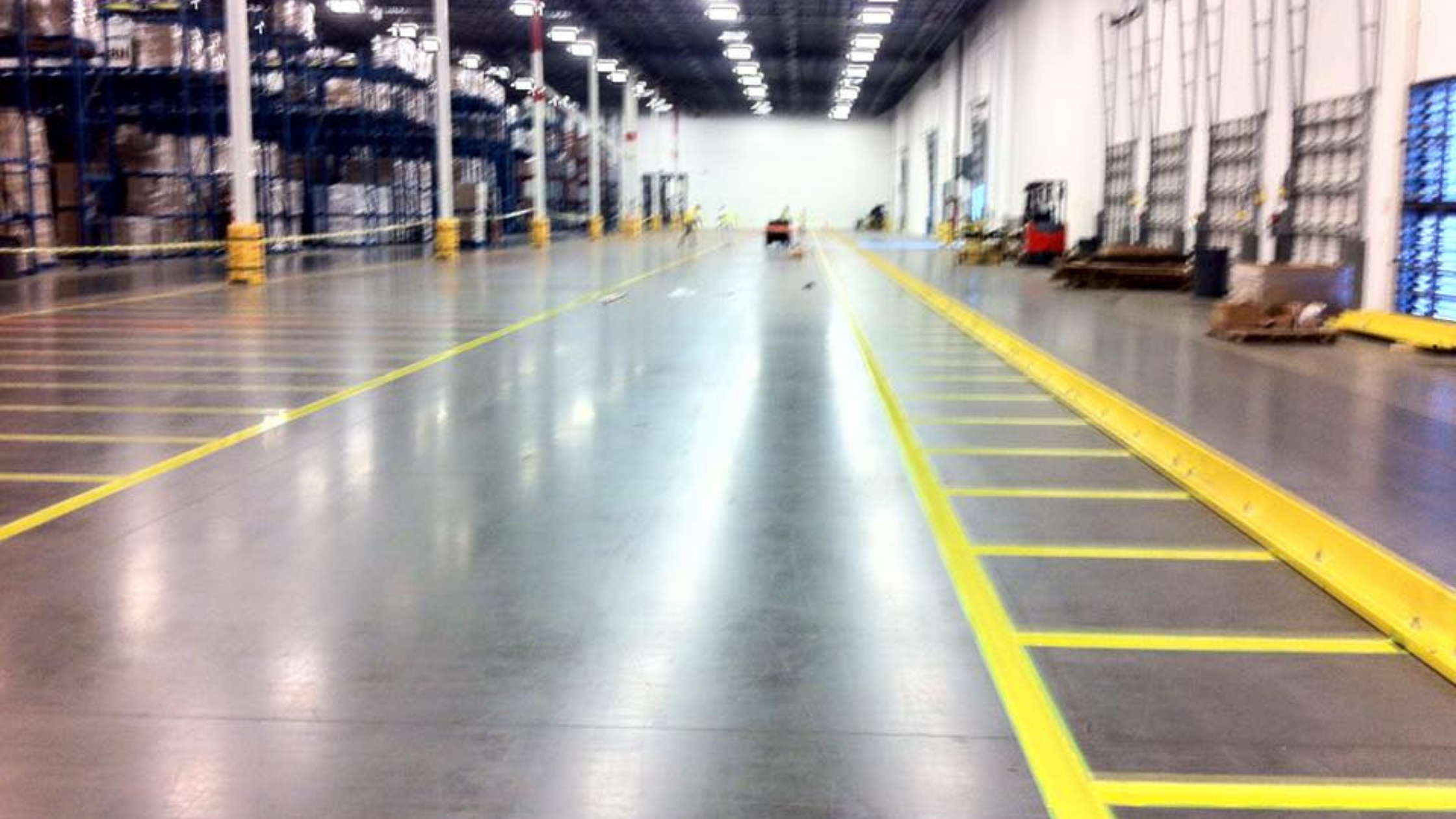 Choice of flooring is an important one for an industrial facility. You need a floor that will stand up to traffic and any environmental hazards the workplace presents. Flooring failure can cost thousands of dollars and may leave your workforce and the public at risk.
Choice of flooring is an important one for an industrial facility. You need a floor that will stand up to traffic and any environmental hazards the workplace presents. Flooring failure can cost thousands of dollars and may leave your workforce and the public at risk.
Many industrial facilities start with concrete flooring. Concrete floors can be treated in many different ways or enhanced with other flooring technologies. For many years, polished concrete was one of the most popular industrial flooring solutions around.
However, time has moved on, and so has flooring technology.
These days, polished concrete is not considered appropriate for all industrial workplaces. Its slippery texture can cause safety problems. Plus, it can be vulnerable to cracking or moisture intrusion. Luckily, you can update your existing concrete floor for the best protection.
The answer: Epoxy floor systems.
Epoxy Brings Your Existing Industrial Flooring to the Next Level
You can revitalize your current concrete into a modern epoxy floor system in a matter of hours.
A thick application of epoxy coating – two millimeters or more – will transform most intact concrete floors into epoxy floors. The epoxy process consists of two coats, epoxy resin and a polyamine hardener, which must be given some time to cure following application.
After this, you benefit from the advantages of epoxy.
Let’s look at why so many industrial facilities are upgrading to epoxy flooring for their operations:
1. An Epoxy Floor Lasts for the Long Term
You epoxy floor can be expected to last up to 30 years in light traffic areas. With regular maintenance, it can exceed 20 years of service even in heavy duty industrial and commercial facilities. Most cleaning and maintenance take only minutes and won’t interrupt your day to day business.
2. Epoxy Flooring is Cost-Effective
Since epoxy can often be installed over the existing flooring, you may save thousands of dollars you would otherwise spend on flooring repairs. This may prevent you from needing to replace a concrete slab that would fail within years if it were left exposed.
3. Epoxy Flooring Handles Industrial Hazards
Epoxy is resistant to cracking, a common problem with concrete, and offers durability against abrasion, corrosion, temperature extremes, and chemical spills. Although it is critical to remove spills as soon as possible, common industrial incidents won’t destroy epoxy floors.
4. Epoxy Flooring is Shock Resistant
Epoxy stands out against concrete for its high level of shock resistance. Imagine an accident where a large piece of equipment, such as a forklift, topples to the ground. Heavy shocks easily produce cracks in concrete, whereas epoxy is unlikely to be damaged.
5. Epoxy is an Effective Sealant
Epoxy works by bonding over the existing surface, creating a tough, membrane-like coating. The new surface does not hold stains and prevents superficial defects from appearing in the concrete. Water does not soak into the concrete substrate either, adding to flood resistance.
6. Epoxy is About Three Times Stronger Than Concrete
On its own, concrete is able to carry about 3,000 pounds of load per square inch. With the right epoxy flooring, you can increase that to an astounding 10,000 pounds per square inch. That translates to some of the highest compressive strength of any industrial flooring on the market.
7. Epoxy Can Improve Operational Safety
The safety of your workforce is a top concern in any industrial environment. Epoxy increases visibility with its high sheen, reflecting light sources more acutely. This can make it easier to maximize the effectiveness of your safety painting and provide safe routing of your personnel.
8. Epoxy Isn’t Slippery Like Polished Concrete
While pinch-points and bottlenecks are the most dangerous aspects of an industrial workplace, a simple slip and fall can also be devastating. Epoxy eschews the slippery surface of some concrete: It can be mixed with gravel, sand, aluminum oxide or other additives with distinctive grip properties.
9. Epoxy is Ideal for Garage Floors
Epoxy is a great solution if you use heavy duty trucks or other vehicles. Tires are much less likely to do damage to an epoxy floor than to concrete. Better traction means that in-garage accidents are easily prevented, since vehicles will not skid as they take corners inside the lot.
10. All in All, Epoxy is More Eco-Friendly
Although epoxy resins are derived from petroleum, switching to epoxy flooring can help you reduce your overall carbon emissions. Long service life means you won’t have to buy or apply products that might have more direct environmental consequences, such as VOC-heavy paints.
Although there are other industrial floor coating options available, epoxy is a superior all-around solution that’s cost efficient and effective for most industrial sites. With professional installation, you get years of flooring reliability and can focus your attention – and your budget – on the work at hand.
{{cta(‘9de02520-f11a-488c-8c31-5b289e42101b’)}}

